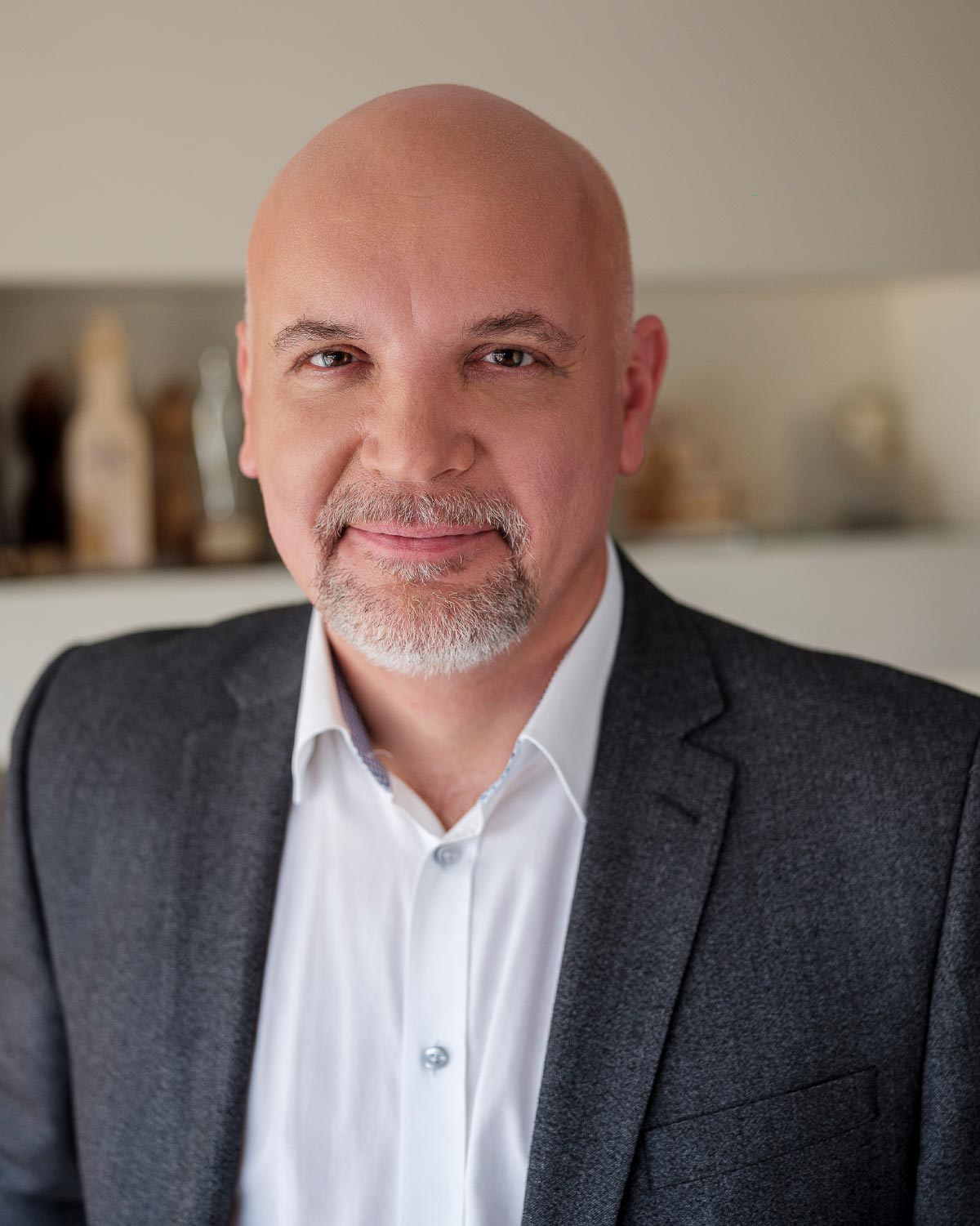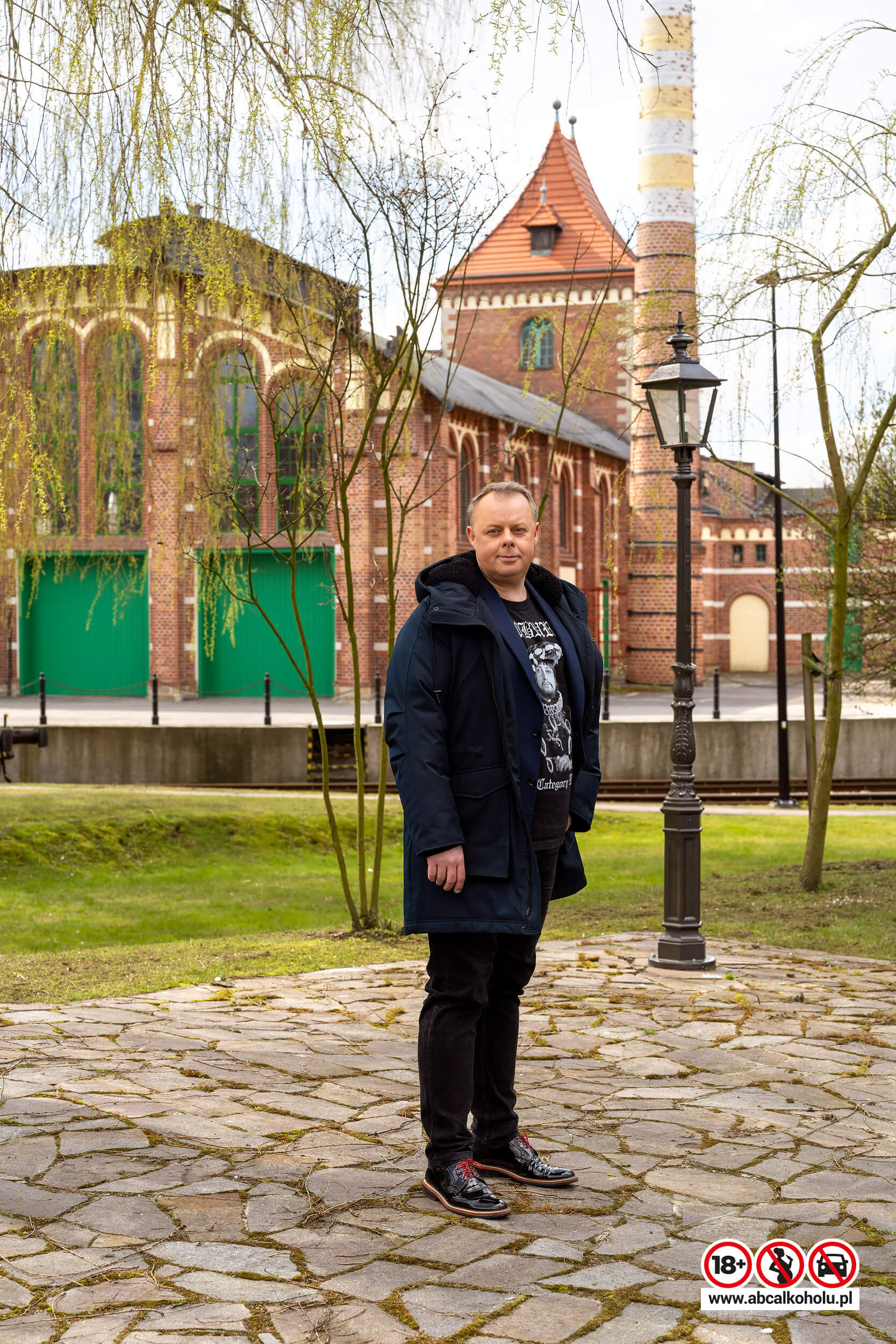The highest, fifth level awarded by the LEAD Network – an organization the goal of
which is to even out women’s professional opportunities in the FMCG sector – is yet
another distinction for Kompania Piwowarska. Is there more to it?
Małgorzata Wieczorek: For us, there is definitely more to it, resulting from two aspects: our
approach to the subject of diversity and inclusion and – in this particular case – the
philosophy behind the tool shred by the LEAD Network.
Meaning?
It is not a ranking, we are not competing against anyone, we are not comparing ourselves to
anyone. There are no boxes to check just to announce our success and consider that
everything has been done. It is a self-assessment tool allowing us to set goals to reach in
particular areas. In this philosophy, the work on diversity and inclusion is basically endless. It
is a journey you embark on and always have something to do along. The LEAD Network tool
supports the members in continuous self-improvement and the score is not a target,
because that is measured with a number and not quality. And here, it is all about quality.
When was Kompania Piwowarska assessed for the first time?
So far, we have completed three assessments, the first one in 2020. We have gone through
three years of hard work.
What does the D&A maturity level assessment process look like?
We first receive the online assessment tool, comprised of over 30 self-diagnosing questions.
Based on our answers, we receive information about the level our organization is currently
at. Then, we get instructions explaining our strengths and areas that need further
improvement. From my point of view, what matters most is providing honest answers. That is
why we do it as a team, and I need the approval of all team members to submit an answer.
We have had situations when we had to meet three times to come to an agreement, as just
one different opinion on a certain subject is a clear signal that we cannot check that
particular box. In such a situation, we assess ourselves negatively.
Who are the members of that team?
Most of the questions refer to people, so the team mainly consists of HR employees.
However, I consult some of the issues with others.
Let’s get back to the assessment. Are the survey questions the same every year?
Yes, they are the same every year. The questions verify how we function as a company. For
example, have we been regularly checking the reports on pay differences between man and
women over the last year? Do we regularly check and explore women’s access to
development activities? To be able to provide a positive answer, we first need a group the
job of which is to prepare such reports and then present them to the board. Only then can
we confirm – yes, such analyses have been conducted on a monthly/quarterly basis or such
activities have been executed. These questions verify actual company practices.
Is there anything that deserves particular attention?
The LEAD Network pays special attention to the processes and routines that mitigate the
risk of discrimination due to people’s age, gender or other quality. For an organization as big
as ours to function properly, everything should be described and documented in the form of
a written, signed and published procedure, as well as a specific process carried out in time
with assigned roles, principles. For example, our internal policies constitute such
procedures. Let’s take a closer look at the training policy, which I’m particularly invested in.
To receive financial support for university studies, it is not enough to want it badly and have
a boss who supports the idea, there are also specific stages of approval to be fulfilled.
Thanks to that, we reduce the risk of granting such a bonus to someone just because they
are liked by their manager or because that person is a man or a woman. Moreover, a
specific written procedure or policy allows employees who think that someone else received
better opportunities to appeal and report a potential irregularity. On the one hand, internal
regulations indicate what to do to avoid discrimination, and on the other – they constitute a
document based on which our internal audit or even an individual employee can report any
irregularities. All these procedures, processes and routines increase the probability that we
as an organization will not discriminate anyone. Similar regulations apply to annual
performance reviews. Some companies only have them on paper, but in our case they really
work.
You mentioned that you have attempted the LEAD Network assessment three times. What was the first result?
We started from the third level. Reaching the fifth, highest one took us three years of hard
work, which translated into specific implementations across the company. Empty
declarations are not enough, everything must be supported with facts. It is not sufficient to
just build a reporting base. We need to have an extensive number overview. Only then does
it make sense.
How did it happen that Kompania Piwowarska subjected itself to the LEAD Network assessment?
The LEAD Network organization was established in 2011 and its mission is to even out
career opportunities in the male dominated FMCG industry. Initially, it was supposed to bring
executive managers together. Today, the LEAD Network has 18,000 subscribers –
representatives of 200 producers and 100 retailers. Some of these companies have signed a
partnership with the organization. Kompania Piwowarska has done that too, joining the
group of 58 such entities across the world, considered industry leaders. And how did that
happen? It was Asahi’s initiative [note: owner of Kompania Piwowarska], the representatives
of which encouraged us to get engaged in the projects executed by the LEAD Network and
consequently reach the fifth level.
You mentioned „projects” – we have already talked about one of them, the organizations’ D&I maturity level assessment.
Yes, the LEAD Network is simultaneously conducting various activities. The main one is
building a network – that is the core activity. The goal is to unite people who have real
impact on the world and business, representatives of the highest management levels, make
them get engaged into activities aimed at promoting equality and inclusion, and share
practices, so everyone can release their full potential. It has its roots in the history of D&I in
the United States of America. At first, some goals were set, but seemed impossible to
achieve. Thus, the discussion began on which practices actually work. The LEAD Network
acts globally and locally, executing networking and educational activities. The Polish branch
has its own committee, the vice-chairwoman of is our colleague – Katarzyna Lis, Senior
Procurement Operations Director Asahi Europe. The second branch focuses on education,
and we have played quite an important role in that.
Sounds interesting.
It is! The educational part is extremely important, as it all begins with education. The person
who played an essential role in that area was Matthew Jipps, currently Group Revenue
Management Director at Asahi Europe. Having signed the partnership between the LEAD
Network and Kompania Piwowarska, Matthew, who then served as Strategy Director
at Kompania Piwowarska, took part in a six-month-long leadership program that culminated
in him becoming the diversity & inclusion leader. Matthew decided to make a difference. His
idea was to make a similar program available for a wider audience. He applied to the LEAD
Network for a permission and, for the first time in the history of the organization, a program
with priorities adjusted to a local market was carried out at grassroot level. The training
organized by Matthew saw submissions from 36 managers, out of which 25 completed the
program. It was a great result, especially since it was a difficult program, requiring a lot of
work. I was Matthew’s substantive advisor. I remember that when he launched the program,
he said we would be happy to see five people participate. Five people who would continue
their work in the area. The training courses were completed by 25 people, five times more
than he expected! Just as the LEAD Network, Kompania Piwowarska’s program ended with
a call for action. We asked the participants what they wanted to do next to become diversity
& inclusion leaders in the places, departments and areas of their influence.
What did they propose?
Five people wanted to carry out the same program in Polish to make it more available.
Thanks to them, in April, over 40 people will complete the second edition of the program at
Kompania Piwowarska. More people applied to take part in the projects and joined the
steering committee appointed this year. Many graduates became leaders and started
working on their own. That is one result of Matthew’s training.
And the other one?
Matthew was asked to run the same program across our entire European organization –
Asahi Europe. So far, he has received 181 submissions, which is an impressive number! It
all started in Poland, where Matthew’s graduates took leadership, and now the training
courses previously only available for manager at KP are now transferred to Europe. There
are over 200 people in the program at the moment. Considering that two years ago we
started with just one – Matthew, that is a great scale.






